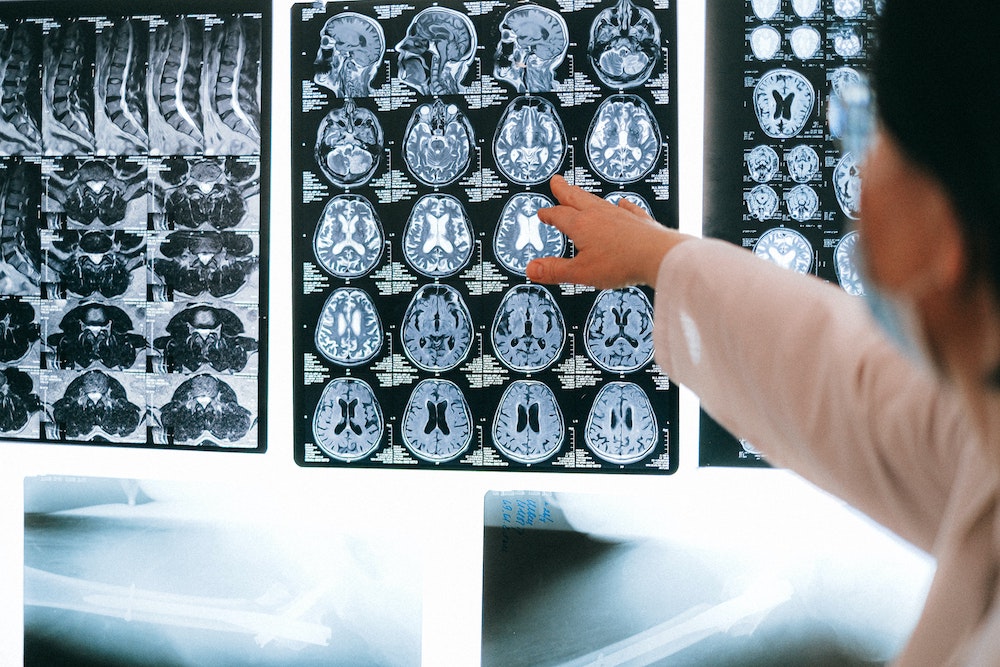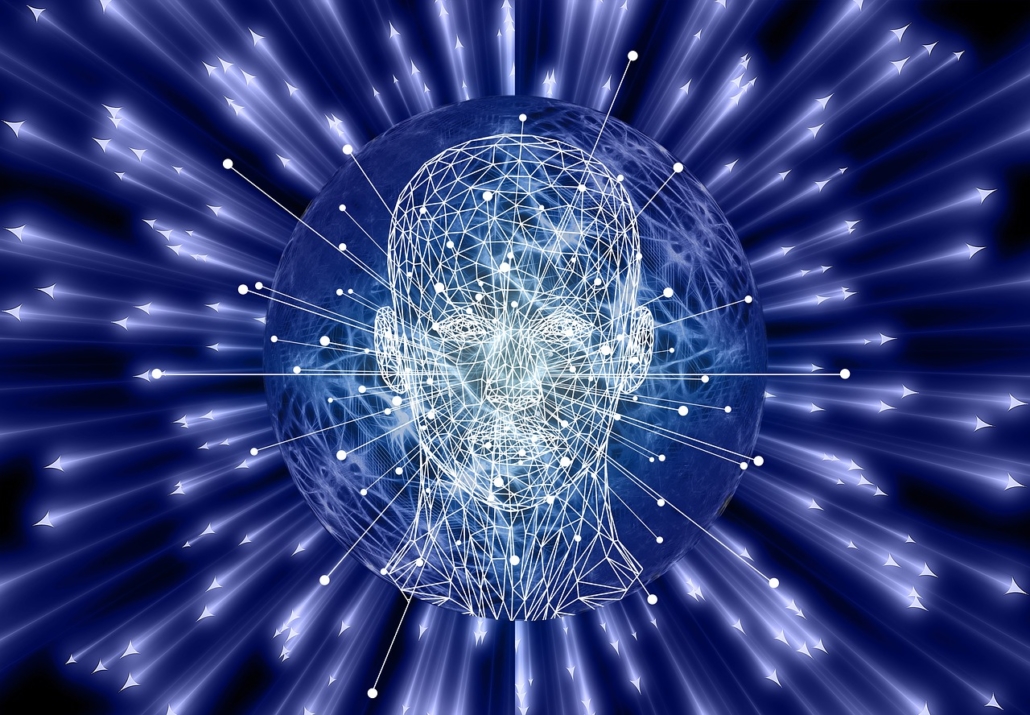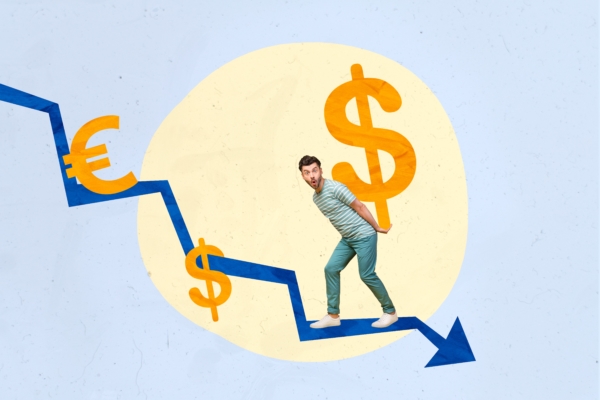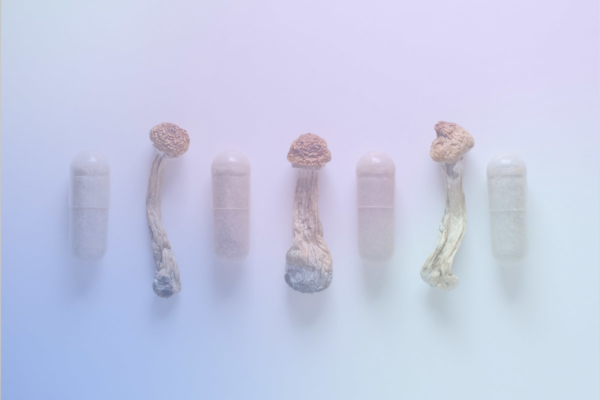
Canadian drug developer Algernon Pharmaceuticals announced it is investigating the therapeutic benefit of a microdose of the psychedelic N,N-Dimethyltryptamine (DMT), for the treatment of strokes. Human clinical trials could begin as early as the first quarter of 2021.
The company’s decision to study DMT as a stroke treatment stems from multiple independent preclinical studies which showed the hallucinogenic can promote neurogenesis, as well as structural and functional plasticity of nerve cells in the brain.
“These are key factors involved in the brain’s ability to form and reorganize synaptic connections, which are needed for healing following a brain injury,” Algernon said in a news release.

Hallucinogenic Therapies
DMT is a psychedelic drug that produces one of the most powerful experiences among all hallucinogenic therapies. The chemical occurs naturally in in some plants and animals, as well as produced synthetically. DMT is also one of the psychoactive ingredients in ayahuasca, a psychedelic brew used ceremonially in some countries to improve mood and promote personal insight.
The therapeutic benefits of DMT have not been studied as much as other psychedelics such as LSD, psilocybin, and MDMA. Unlike other companies studying psychedelic therapies, Algernon’s clinical trial will not focus on the psychedelic properties of DMT. Rather, the company plans to give stroke patients continuous sub-hallucinogenic doses of DMT through continuous intravenous administration.
DMT is classified as a Schedule I drug and is illegal in most of the United States. However, Algernon is hopeful its studies on DMT as a stroke treatment may earn interest from research investigators, clinical trial patients, and ultimately clinical acceptance from the U.S. Food and Drug Administration (FDA).





